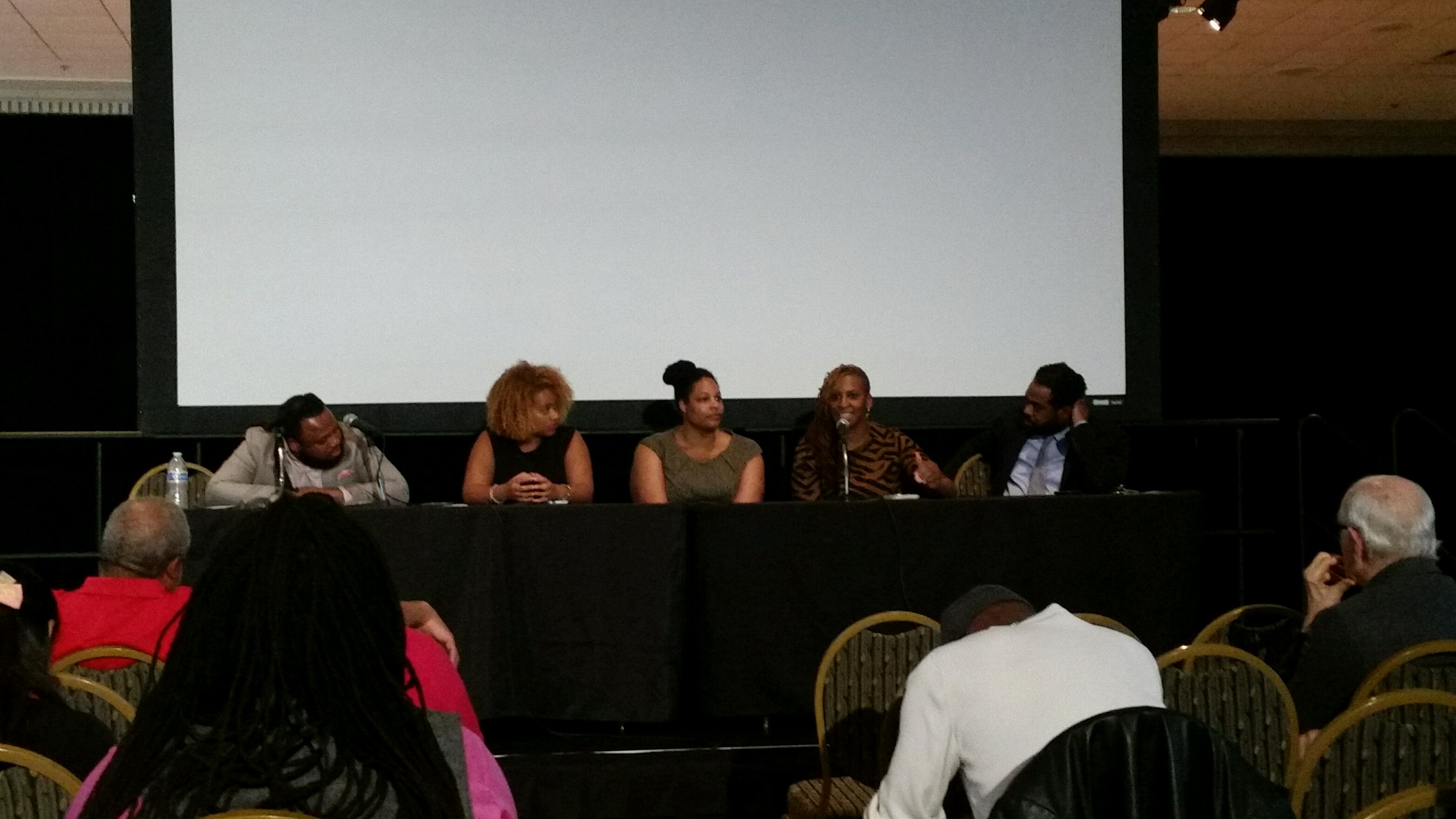By Zane Moses
For The Diamondback
Experts and educators from Florida to Toronto visited the University of Maryland Wednesday to foster a discussion on racial inequality and health care at the annual Parren Mitchell Symposium.
The Critical Race Initiative’s symposium, “Racism: In Sickness and In Health,” was broken down into three distinct, but interrelated parts throughout the day in Stamp Student Union’s Colony Ballroom.
“We wanted to show that different racial and ethnic groups have poorer health outcomes… but there are structural reasons that we really have to take into account,” said Kris Marsh, an associate professor of sociology and the associate adviser for the Critical Race Initiative. “And we also really wanted to talk about the solutions.”
The first part highlighted current issues of healthcare inequality amongst different minority groups and the reasons behind them. Celeste Watkins-Hayes, an author and associate professor of sociology and African-American studies at Northwestern University, visited to give the first presentation on how HIV and AIDS are epidemics because of social inequality.
“Societal marginalization on the basis of race, class, gender and sexuality play significant roles in determining who’s most at risk of infection,” Watkins-Hayes said.
Before gathering for a panel, researchers and educators from around the United States and Canada also presented on statistical and scientific reasoning, sociological reasoning from a Latino perspective and tangible field work that investigates these problems in Canada.
Janelle Donahue, a sophomore criminology and criminal justice major, said she was impressed with the wide range of topics presented at the first leg of the event.
“Each presentation was unique, it was like they were connected by a common cause but they were all over the spectrum of that cause and I found that interesting,” Donahue said.
The symposium also featured a health fair where students could learn about on-campus health care resources. This connected the structural issues to structural solutions by offering solutions to students who might be struggling with their health care options on campus, Marsh said.
“For students … we understand that your health outcomes are not that good but there are certain things that you can think about that you can do on a individual level,” Marsh said.
The third aspect of the symposium focused on solutions for issues surrounding inequality moving forward, featuring another series of presentations and a panel.
Presentations tackled issues such as how to heal invisible wounds and trauma that black youths encounter, as well as an increase in including minorities in health care research. The panel featured the researchers, a medical doctor and Ashley Hicks-Rocha, the co-founder of Black Girls RUN!.
“We have people who come out and they say to us, ‘I never thought I would be a runner, this was something that was not on my radar, this is something that black women just don’t do,'” Hicks-Rocha said.
Elshaday Zelalem, a sophomore kinesiology major, said it was refreshing to see someone who works outside of academia speak.
“Oftentimes at these panels, it’s a lot of experts and people like that … but she actually did something, she started a movement,” Zelalem said.
This is the third Parren Mitchell Symposium at the university. The first symposium focused on race and education, and last year’s had a focus of race and police brutality. Marsh says the goal with these symposiums is to look at racial issues from multiple perspectives.
“When you think about racism, you don’t always default to health,” Marsh said. “Making that connection for some people is really pivotal and I think it’s going to change their thinking.”



